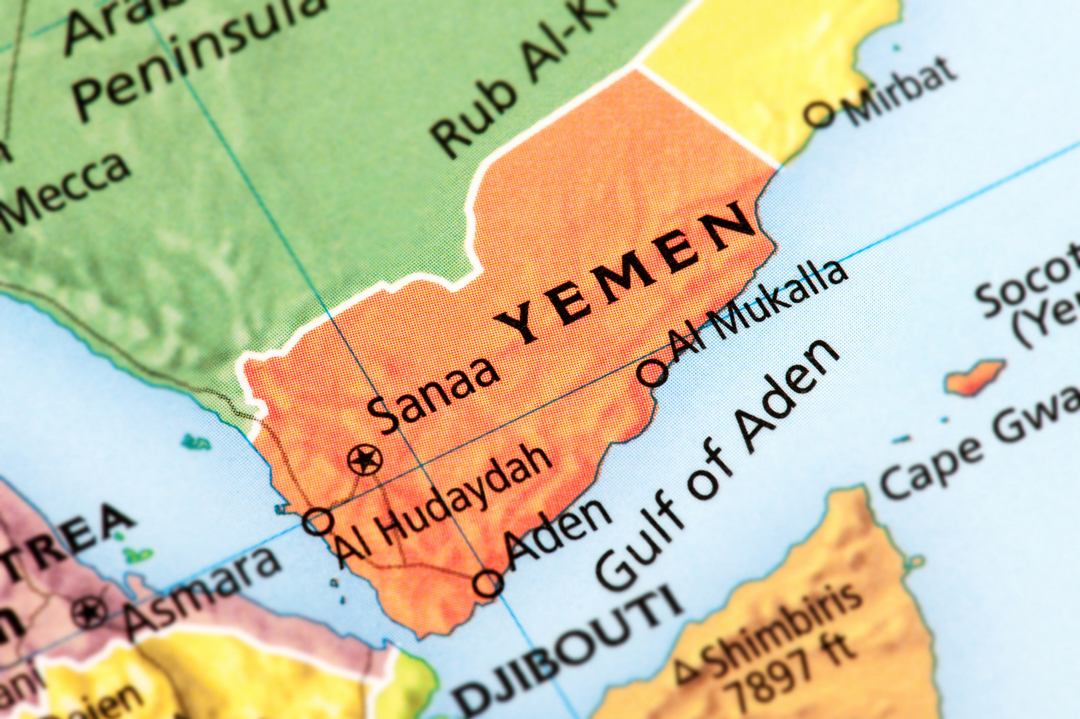For all the Houthis’ success during the war, it is unclear if they can transition into an effective government.
The war in Yemen, now a low-intensity conflict, shows signs of a potential partition into North Yemen ruled by the Houthi militia and South Yemen under the Presidential Leadership Council. Despite the Houthi's success in maintaining control of the capital Sanaa since 2014, their ability to govern a viable, peaceful, and independent state is questionable. The political challenge arises from the Houthi's lack of domestic allies, evident in recent conflicts with the General People’s Congress (GPC) and the Hashid tribal confederation. The Houthi's attempt to neutralize rivals may backfire, reminiscent of historical instances where ruling elites lost support.
Moving from a guerrilla organization to a functioning government presents the second challenge for the Houthis. Accustomed to insurgency, the group faces difficulties transitioning to governance, especially as the "rally around the flag" effect diminishes with waning external threats. The absence of accountability and a mindset formed by decades of conflict add complexity to the Houthi's shift to governance.


The third and most crucial challenge is economic. Lacking financial resources to sustain a government and control over Yemen's oil and gas fields, the Houthi's offensives on Marib have fallen short. With the war approaching an end, the group is left with territory but not the means to maintain it. Without economic foundations, the Houthi's dependence on domestic taxes or international aid becomes unsustainable. Existing relations with Iran and the Assad regime offer limited economic support.
While negotiations may lead to a partitioned Yemen with the Houthis in control of North Yemen, their ability to govern and hold the state remains uncertain. The Houthi's potential victory in the war may prove to be the easier part, as challenges in politics, governance, and economics loom large.
Source: AGSIW






